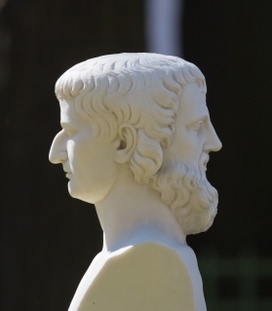
This new book is a practical but carefully researched commentary on all the parables. It gives many insights into the stories and their meanings through historical facts and other information that can enrich and transform your understanding of them. But this book is not just a commentary – it focuses on the living lessons of the parables themselves.
The City on a Hill is available in different formats (including PDF so you can read it on any electronic device). The book is written from a non-denominational perspective, is completely free and free of advertising. You do not need to give an email address or any other information to download the book (just click on the download link on our "Downloads" page and enjoy). If you enjoy the book and find it profitable, feel free to make a copy of the file and pass it, or the URL, along to your friends and others you know who may find the book helpful.
The City on A Hill: Lessons from the Parables of Jesus is the first of a series of free e-Books we hope to produce this year – enjoy this one and look out for new titles as we go through 2015!







 RSS Feed
RSS Feed
